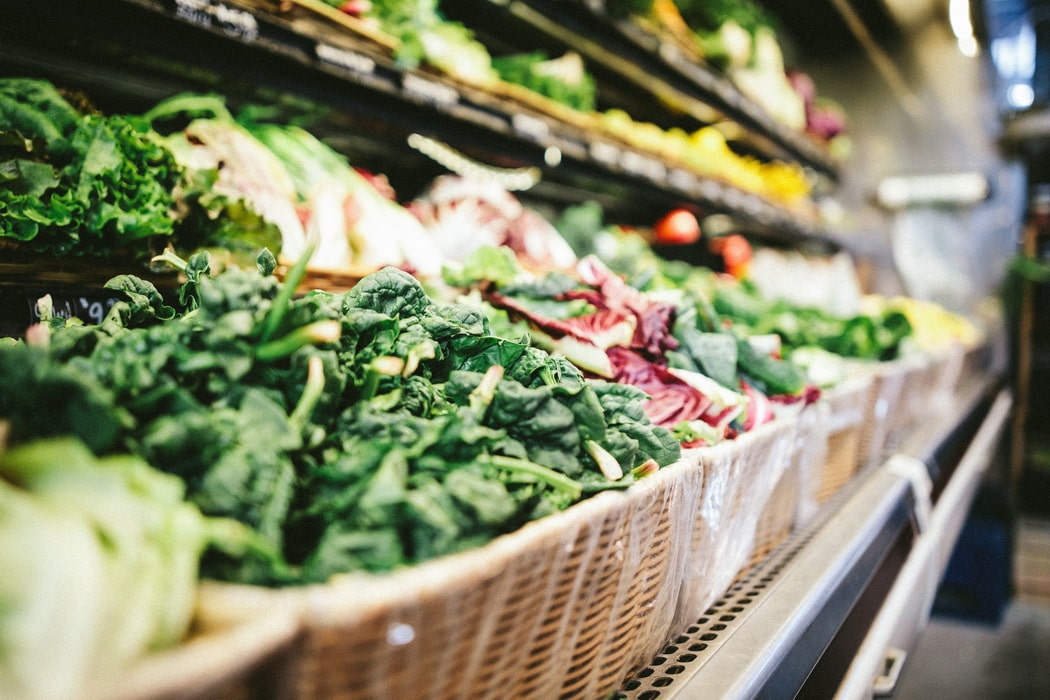Supermarkets oppose the government’s latest intervention to control prices of essential goods amid rising inflation, which is driving the cost-of-living crisis.
The Cabinet on Tuesday had greenlighted a bill that obliges supermarkets to sell some 50 items to be included in a ‘household shopping basket’ at wholesale prices.
It is fashioned on the model adopted in Greece, which includes essential foodstuffs such as bread, milk, rice, and spaghetti, but also baby food, coffee, and pet food.
Commerce Ministry officials launched a round of consultations with supermarkets pushing back at the idea arguing the measure will undermine the free market, which already favours consumers.
Representatives of supermarkets also argued that businesses are absorbing the increase in the cost of raw materials and energy prices and not passing it on to consumers.
According to reports, the government appears adamant on tabling the bill before MPs by 8 December, when the House recesses for the Christmas holidays.
In comments to the news site Stockwatch, the executive secretary of the Supermarkets Association, Andreas Hadjiadamou, said that a ‘household shopping basket’ is unnecessary and risky as it could trigger the opposite result.
“There is a risk that it will limit healthy competition prevailing between supermarkets, and instead of reducing prices, it could increase them,” argued Hadjiadamou.
He hinted that a political agenda was behind the government’s latest move, saying that “hasty actions to gain points during the pre-election period should be avoided”.
“If the government intends to proceed with the ‘household shopping basket’, it should not be rushed.
“We should take our time, carrying out proper consultations, if we want this measure to bear fruit”.
Meanwhile, the Federation of Employers and Industrialists and the Cyprus Chamber of Commerce highlighted concerns over hiking energy costs.
“Supermarkets have been biting the bullet, doing their utmost to keep the increase in energy costs from rolling down to consumers,” said the chamber’s director of industry, Andreas Andreou.
Public interest
The government appears to be adamant about pushing the bill as it has deemed it necessary to introduce the “shopping basket” for reasons of public interest to restore the purchasing power of consumers hit by high inflation.
Under the bill’s provision, the Commerce Minister will have the power to issue a decree which will determine the household shopping basket for a specific period, considering the international and domestic market conditions and the protection of low-income consumers.
Retailers with an annual turnover of more than €8 mln are obliged to participate.
Businesses must choose at least one item from each product range included in the household basket and make it available at the lowest possible price, especially compared to other products of the same category.
They must also inform consumers about the household basket of products they offer.
Inflation has been on the rise, powered by the fallout from the war in Ukraine and the coronavirus pandemic, which is still impacting the world economy.
According to CyStat, the consumer price index rose to 8.8% in October, up from 8.7% in September and 10.9% in July, the highest level since August 1981.
The Central Bank estimates domestic inflation will be 8.4% in 2022, lower than the euro area’s annual inflation of around 10.7%.










